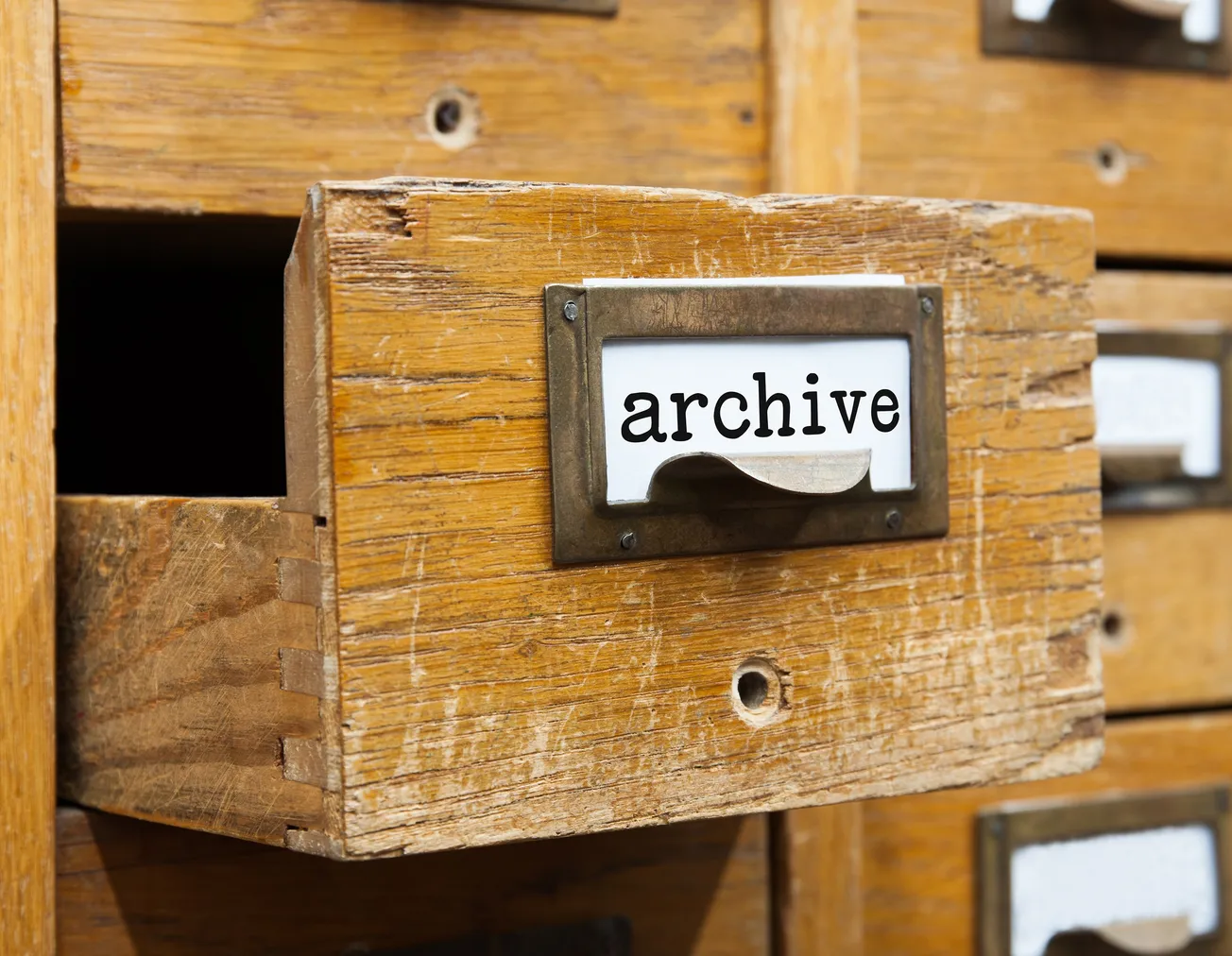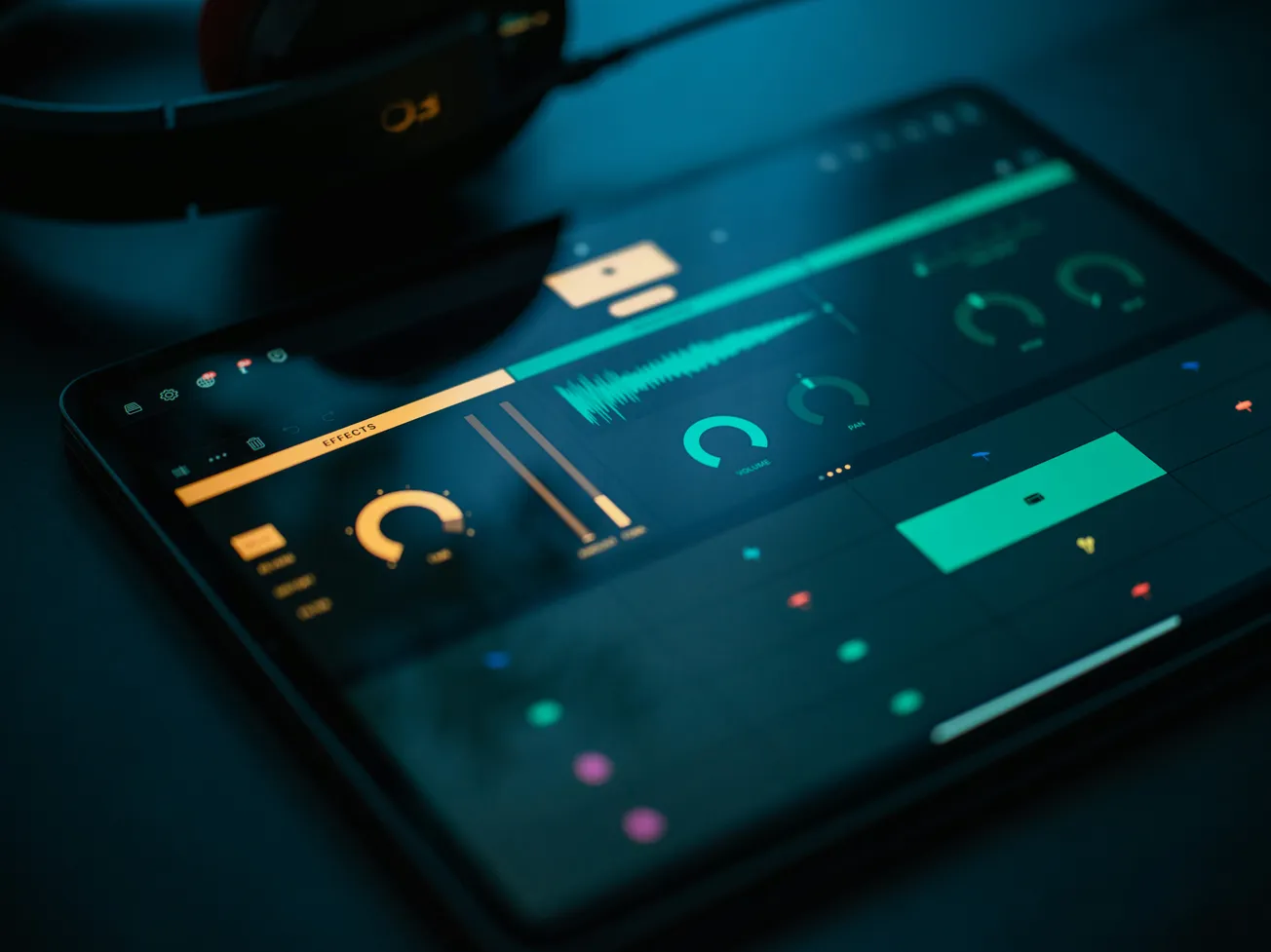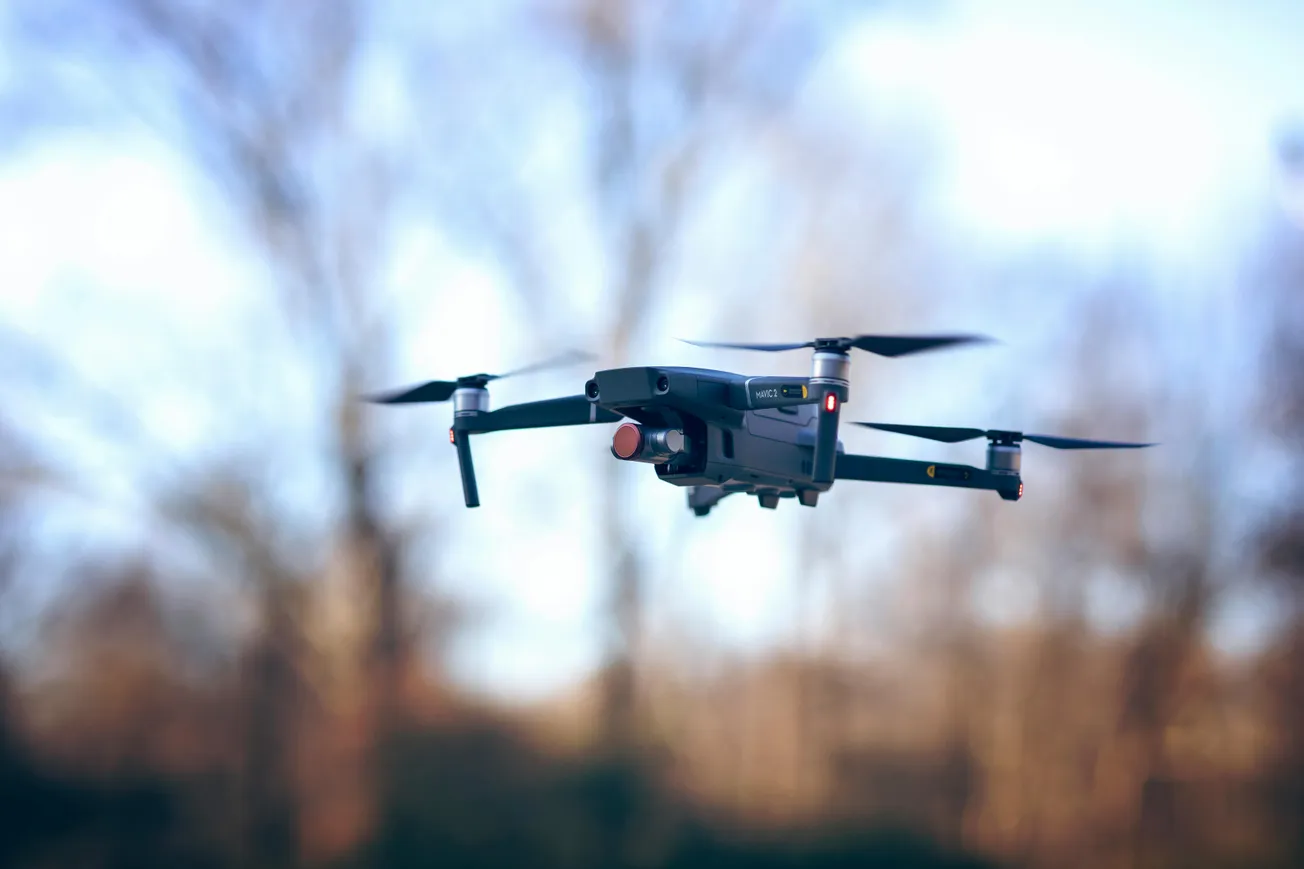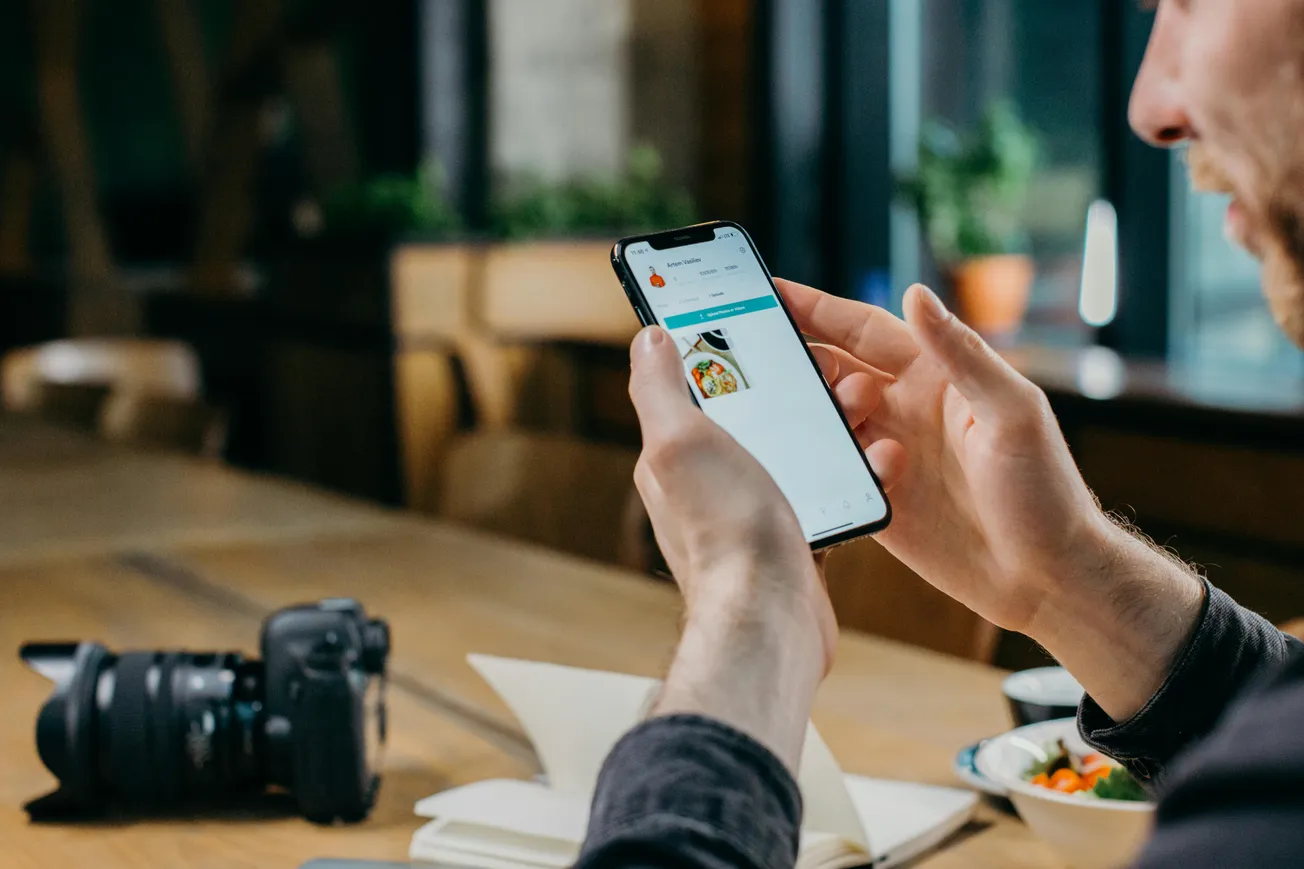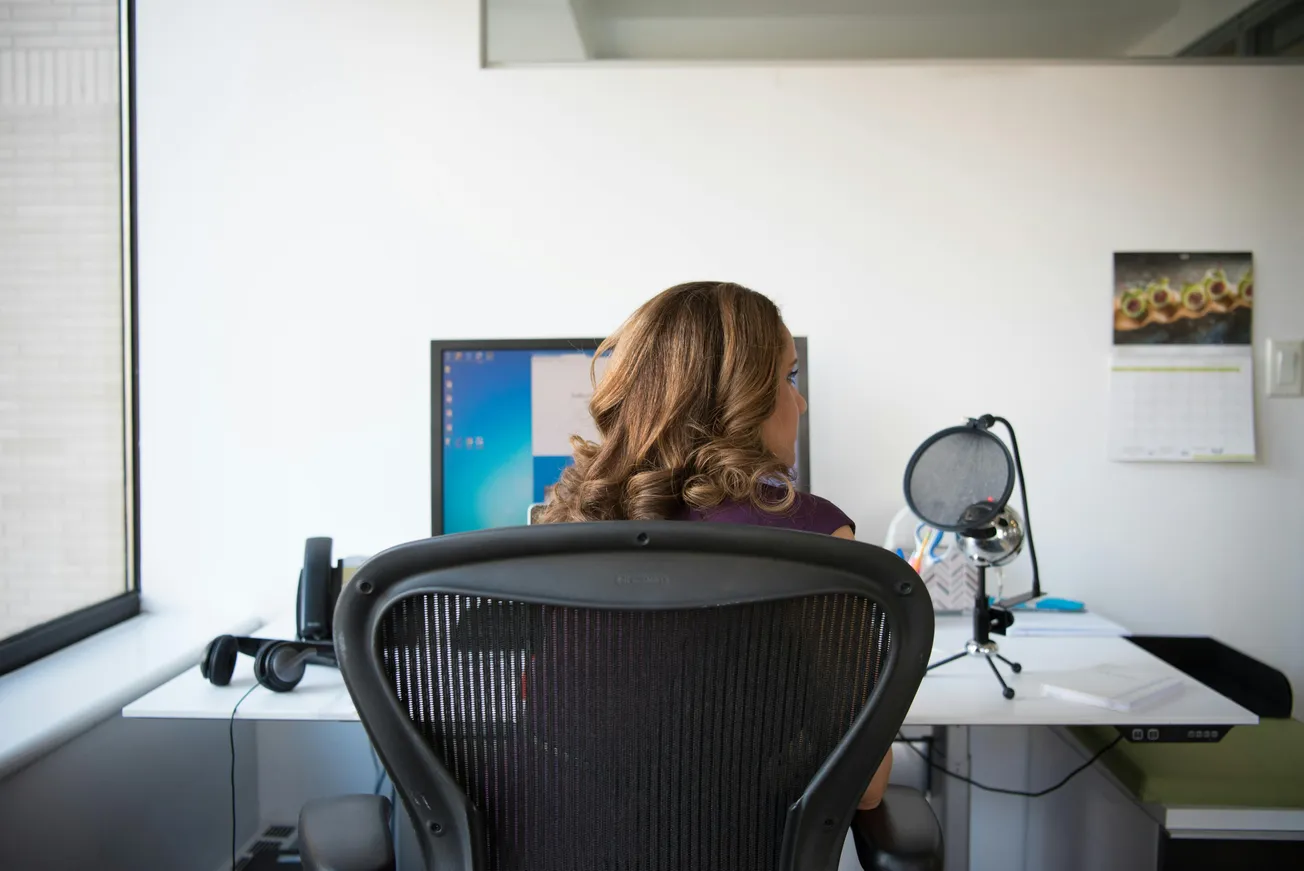The preservation of podcasts and video content has emerged as a critical concern in the digital age, as these media forms are increasingly susceptible to disappearance due to platform changes, creator decisions, and technological obsolescence.
Despite the proliferation of podcasts—over 30 million episodes available and 75 million Americans tuning in monthly—the infrastructure for their long-term preservation remains inadequate. Episodes often vanish when feeds are discontinued, creators remove content, or hosting services shut down, leaving significant gaps in the cultural and historical record.
The lack of persistent URLs or centralized archives compounds the problem, turning podcast RSS feeds into ephemeral documents of record.
Independent Creators at Risk
Independent podcasters face particular challenges in archiving their work. Without the institutional support afforded to mainstream media producers, these creators often rely on commercial platforms that prioritize current availability over long-term access.
The "Preserve This Podcast" initiative, funded by the Andrew W. Mellon Foundation and hosted by the Metropolitan New York Library Council, addresses these concerns by educating creators on digital preservation techniques.
The project highlights issues such as digital file decay, mismanagement, and the risks associated with relying solely on third-party platforms for content hosting. It provides training in metadata creation, proper storage formats, and redundancy—steps that are essential for ensuring the survival of podcasts as durable cultural artifacts.
Institutional Archives Step In
Academic and cultural institutions are beginning to recognize podcasts as vital components of the historical record.
The University of Minnesota Archives has taken a leading role by incorporating university-produced podcasts into its institutional repository, the University Digital Conservancy. This initiative ensures that educational content and institutional history are archived for future scholarship and public reference. The university treats podcasts as digital publications, much like theses or research reports, and has established metadata standards and curation protocols to ensure their discoverability and preservation.
Such institutional efforts serve as a model for how audio content can be systematically archived and made accessible over time.
The Challenge of Video: Platform Dependence and Loss
Video content, particularly on platforms like YouTube, faces similar if not greater preservation risks. Content creators can delete or modify videos at will, and algorithm-driven platforms may downrank or delist videos for policy reasons, making them effectively invisible.
Preservationists note that even when content is backed up by creators, contextual information such as descriptions, comments, and playlists—crucial for understanding audience interaction and intent—may be lost. The British Film Institute has addressed some of these issues by digitizing its collections and adapting its archival practices to include online-born video.
However, these efforts are the exception rather than the norm, especially for independent or amateur video creators whose work lacks institutional support.
The Internet Archive’s Imperiled Role
The Internet Archive has emerged as the most significant player in the digital preservation space.
Through its Wayback Machine and media hosting initiatives, it captures and stores a broad spectrum of digital content, from entire websites to podcast feeds and video files. The Archive has partnered with podcasters and developers to create tools that scrape and save podcast RSS feeds, audio files, and associated metadata.
However, the Archive faces mounting legal challenges, particularly from publishers who argue that it violates copyright laws. These lawsuits could curtail the Archive's ability to continue preserving web-based media, underscoring the need for clearer digital preservation policies and legal protections for archival work.
Solutions Through Practice: Building Durable Media Archives
To combat these challenges, preservation experts advocate for proactive strategies. Creators are urged to maintain local backups of all published content, including raw files and final edits. Hosting platforms that offer archiving services or API access for backups are preferred.
Metadata plays a crucial role in discovery and reusability, and standardized formats such as Dublin Core or PREMIS can ensure compatibility across systems. Collaborative efforts between creators and institutions—such as depositing podcast collections in university repositories or national libraries—can significantly enhance the chances of long-term access.
For video preservation, tools such as YouTube-DL and web archiving software are routinely employed by archivists, though they operate in a legal grey area.
Looking Ahead: Building a Resilient Digital Record
Preserving podcasts and video content is not merely a technical challenge—it is a cultural imperative. These media forms document contemporary discourse, reflect diverse voices, and capture moments in time that are often ignored by traditional media.
As podcasting continues to mature and video platforms evolve, preservation must become a core consideration rather than an afterthought.
With support from academic institutions, open-access archives, and advocacy organizations, a resilient framework for preserving born-digital media can be developed. Until then, the cultural memory encoded in countless podcasts and videos remains vulnerable to digital amnesia.


